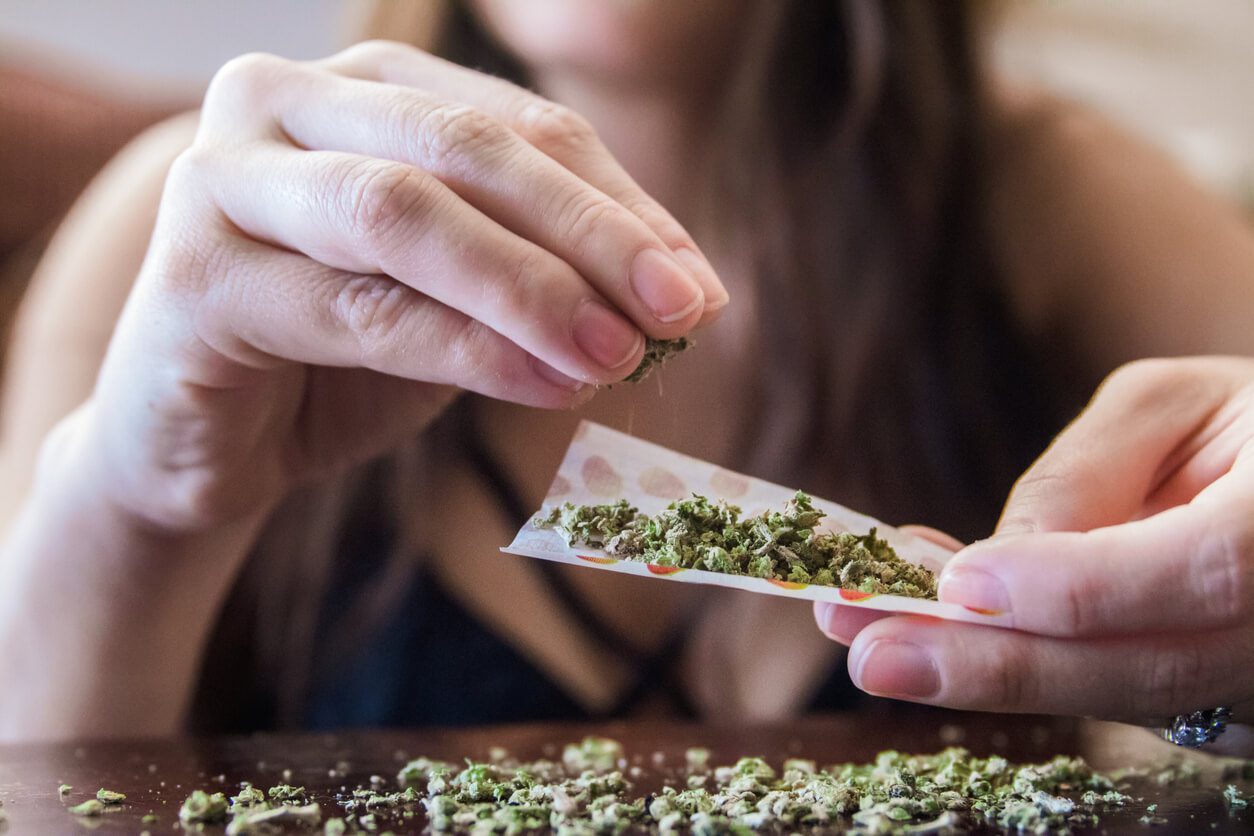While browsing YouTube this evening I came across this interview with the Emperor of Hemp, Jack Herer, filmed back in 1998.
In this interview, Jack reminisces about the first time he got high back in the 1960s with Acapulco Gold.
It is an amazing story that brought a smile to my face. I can vividly remember…

Recently I travelled to the Love Glass Studio to film Hive Glass and Burtango Glass as they worked on a rig. Follow Hive Glass and Burtango Glass Here: https://instagram.com/hiveglass https://instagram.com/burtangoglass Did you enjoy this video? Click here to find out…

This week in place of our normal strain review & smoke report feature we are taking a look at three smaller-sized samples and three brand new cannabis strains.
You can watch our video sampling discussing each of the strains below. Read on to learn more about them and our experiences smoking Bubba Kush, CBD Blue Dream and Burmese Kush
As we get closer to Christmas, we're launching a new series of short, light-hearted videos talking about 420-friendly gifts for your stoner friends.
The aim of this series is to cover cheap and cheerful options for you to draw inspiration from, so we hope you find them useful!

Last night ITV (That's channel 3 in the UK) broadcast what can only be described as a positive programme about the benefits of cannabis.
In part 1 of Gone To Pot, we saw Birds of a Feather actress and Loose Women panelist Linda Robson, ex-EastEnders actress Pam St Clement, actor Christopher Biggins, retired footballer and TV presenter John Fashanu and darts supremo Bobby George travelling to the state of California where cannabis access is now ubiquitous with general life, to see how cannabis can benefit them.
This week I got to do something a bit special for the ISMOKE channel.
Thanks to our friends over at TG Botanical Extracts I was able to get my hands on 4 different expressions of the same cannabis plant.
In this video, I'm sampling some flower, bubble hash, rosin oil and shatter all from the Lemon…

This week for ISMOKE Magazine I'm looking at an important issue that affects everyone on the planet, global warming. In particular, I'll be looking at how cannabis can help to reduce the detrimental effects of climate change.
Global warming is a change in global or regional climate patterns, in particular, a change apparent from the…

Have you ever sat down and really thought about which strains are your favourite and why?
If you had to pick just five of those, which would they be?
This difficult question is one I've been pondering for a while, and have answered in my forthcoming Q&A video to celebrate hitting 5000 YouTube subscribers.
My top 5…

This week on ISMOKE, we are looking at why we British have a propensity to mix our cannabis with tobacco, where we acquired this antiquated practice and what you can do to reduce the associated harms of mixing your cannabis with tobacco and hopefully ultimately quit altogether.
It isn't easy to trace the genesis of our affair of combining the two substances. Read: You should stop mixing tobacco with your cannabis immediately.


